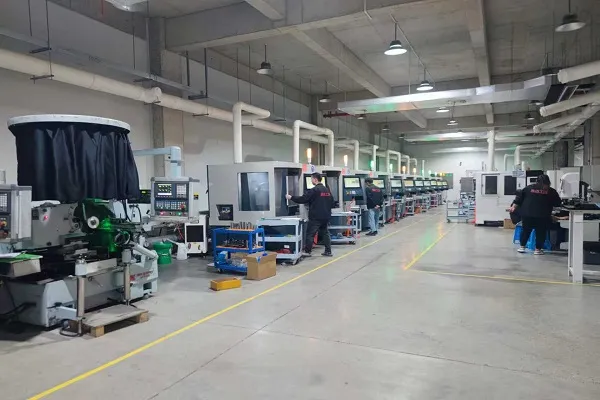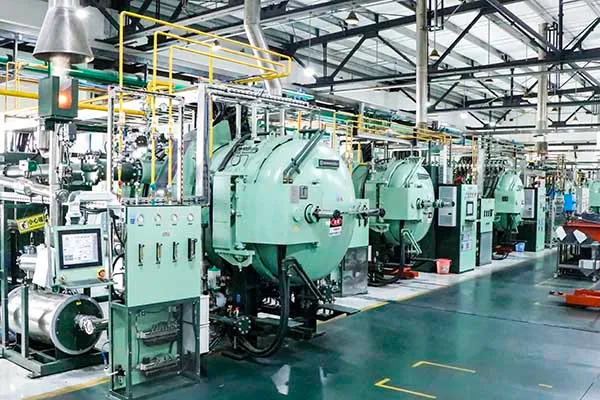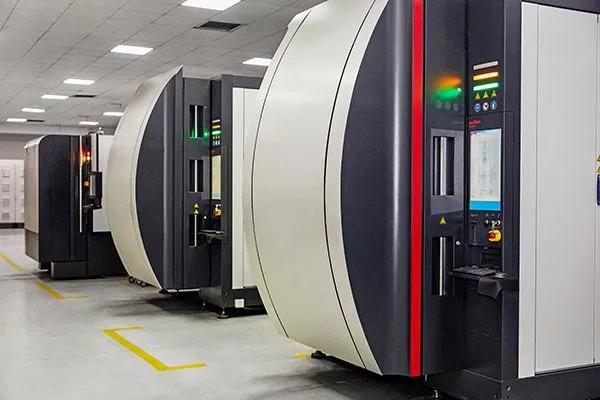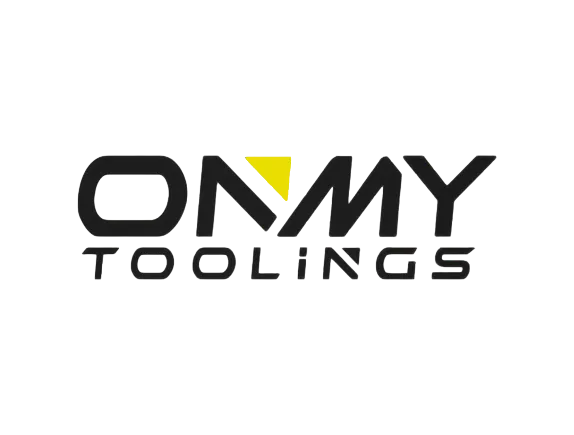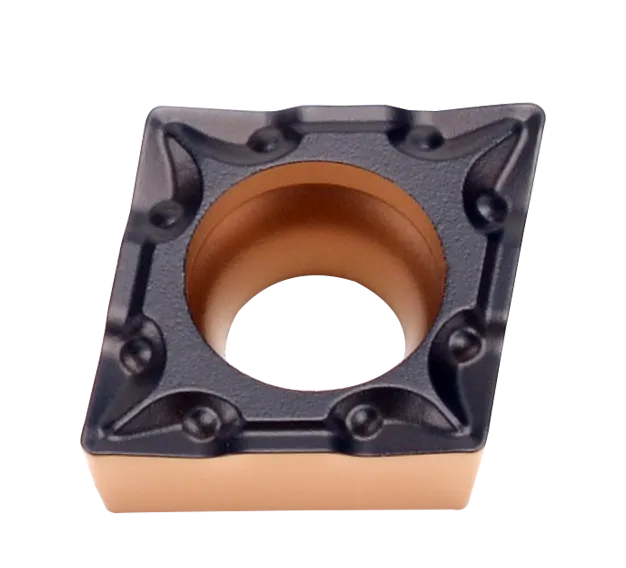

Inserto CCMT
CCMT insert angle:7° Positive rake insert with a single-sided chipbreaker;
80° rhombic turning insert;
CCMT insert specifications: CCMT060204/CCMT09T304/CCMT09T308/CCMT090308/CCMT1204;
Recommended for steel, stainless steel, cast iron, heat resistant alloy;
Breaker Application: Semi-finishing, finishing, general purpose and rough turning;
Matching CCMT insert turning tool holder: SCACR/L, SCLCR/L, SCFCR, SCLCR;
Material : Tungsten carbide
Grade: Both PVD and CVD;
CCMT insert tool holder
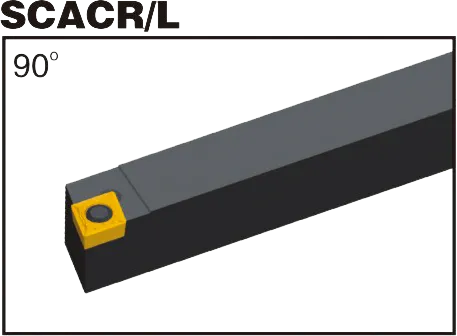
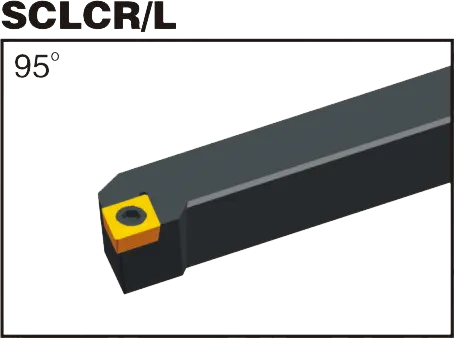
CCMT insert Introduction:
CCMT Inserts: The Essentials
- Forma: Rhombic (diamond) with an 80-degree included angle.
- Angolo di gioco: 7 degrees (positive)
- Cutting Edges: Double-sided, offering two cutting edges per insert for cost-effectiveness.
- Chipbreaker Geometries: Diverse range of chipbreaker styles from various manufacturers are available. These are tailored to specific materials and machining operations (roughing, finishing, etc.)
- Key Uses: Ideal for turning, facing, and profiling operations on a range of materials.
Common Materials CCMT Inserts are Used For
- Steels: Various steel grades, including carbon and alloy steels.
- Stainless Steels: CCMT inserts can machine different stainless steel types.
- Cast Iron: Suitable for many cast iron applications.
- Some High-Temperature Alloys: Depending on the specific alloy and grade.
Advantages of CCMT Inserts
- Cost-Effective: Due to their double-sided design and wide availability.
- Versatile: The range of grades and chipbreakers make them suitable for many machining applications.
- Good Chip Control: Well-designed chipbreakers ensure effective chip flow and protect the workpiece, tool, and machine.
- Positive Rake Angle: This promotes efficient cutting and reduces cutting forces in many materials.
Considerazioni importanti
- Match the Grade to Your Material: Choosing the right insert coating and substrate composition is crucial for optimal tool life and performance in the specific material you’re cutting.
- Select the Right Chipbreaker: The chipbreaker geometry significantly influences how chips are formed and broken. It should be chosen based on the material and type of machining operation.
- Machine Rigidity: Ensure your machine has enough rigidity and power to handle the cutting forces CCMT inserts can generate,
CCMT Insert Dimensions (ISO)
| TYPE | CCMT INSERT DIAMENTIONS(mm) | ||||
|---|---|---|---|---|---|
| IL | CIRCUITO INTEGRATO | S | DI | RIF | |
| CCMT060204 | 6.4 | 6.35 | 2.38 | 2.8 | 0.4 |
| CCMT060208 | 6.4 | 6.35 | 2.38 | 2.8 | 0.8 |
| CCMT09T304 | 9.7 | 9.525 | 3.97 | 4.4 | 0.4 |
| CCMT09T308 | 9.7 | 9.525 | 3.97 | 4.4 | 0.8 |
| CCMT120404 | 12.9 | 12.7 | 4.76 | 5.56 | 0.4 |
| CCMT120408 | 12.9 | 12.7 | 4.76 | 5.56 | 0.8 |
| CCMT120412 | 12.9 | 12.7 | 4.76 | 5.56 | 1.2 |
Example: CCMT 09T308
- 09: Inscribed Circle (IC) of 9.52mm (approx. 0.375 inches)
- T3: Thickness of 3.18mm (approx. 0.125 inches)
- 08: Corner radius of 0.8mm (approx. 0.031 inches)
Key Dimensions
Inscribed Circle (IC): The diameter of the largest circle that fits within the insert. Common IC sizes include:
- 6,35 mm (0,25″)
- 9.52mm (0.375″)
- 12.7mm (0.5″)
Spessore: Impacts insert strength and the number of usable cutting edges. Common thicknesses include:
- 1.58mm (0.062″)
- 3,18 mm (0,125″)
- 4,76 mm (0,187″)
Corner Radius: Affects surface finish and strength at the cutting edge. Common sizes include:
- 0.2mm (0.008″)
- 00,4 mm (0,016″)
- 00,8 mm (0,031″)
The Science Behind Carbide Inserts: How They're Made and Why They're So Strong
Gli inserti in metallo duro sono alcuni degli utensili da taglio più versatili e durevoli disponibili. Ma come sono fatti? E cosa li rende così forti? In questo video esploreremo la scienza dietro gli inserti in metallo duro, dalle proprietà del carburo di tungsteno al processo di produzione.
La nostra capacità produttiva

